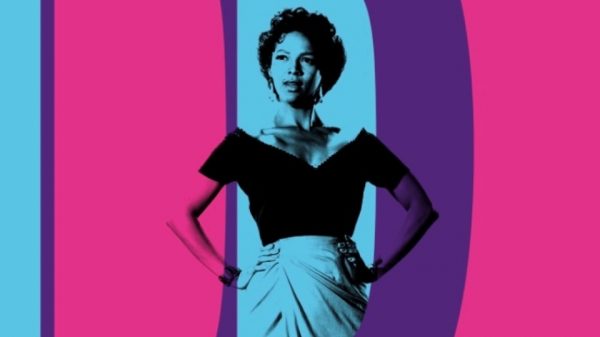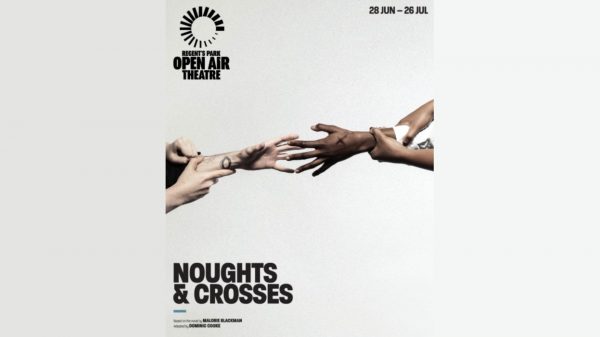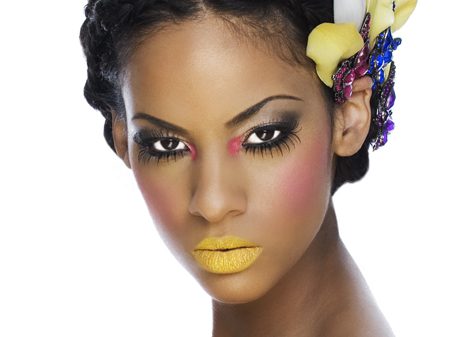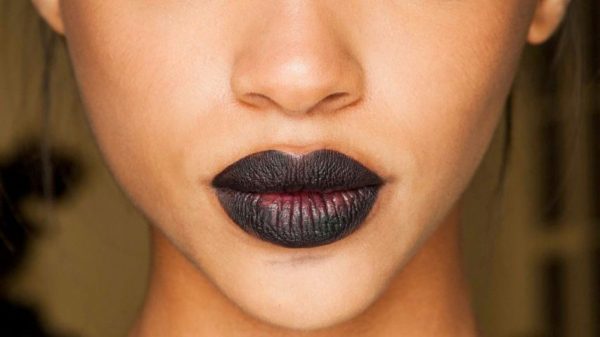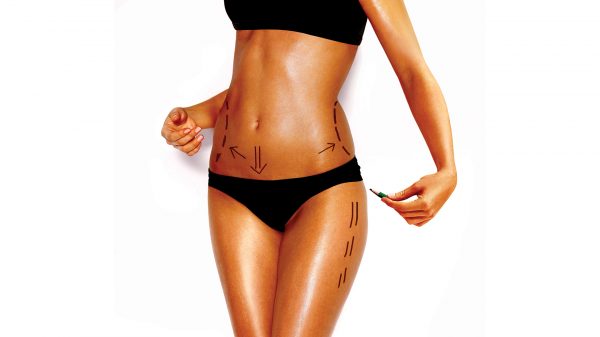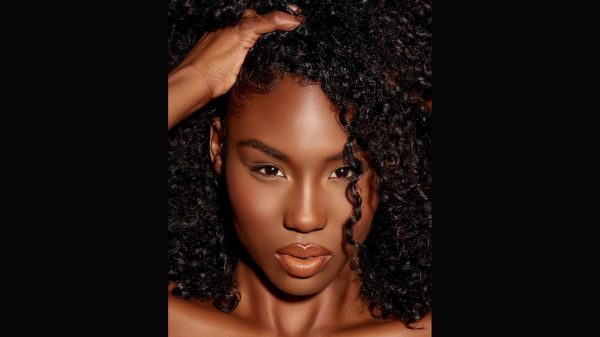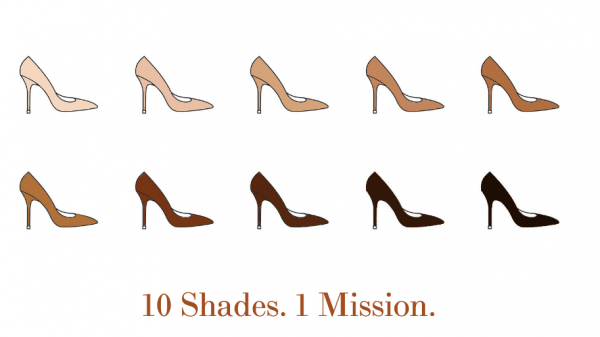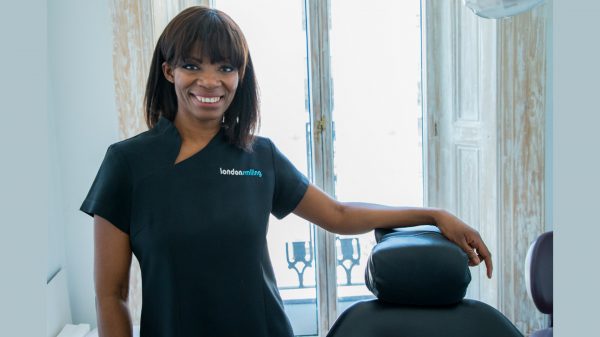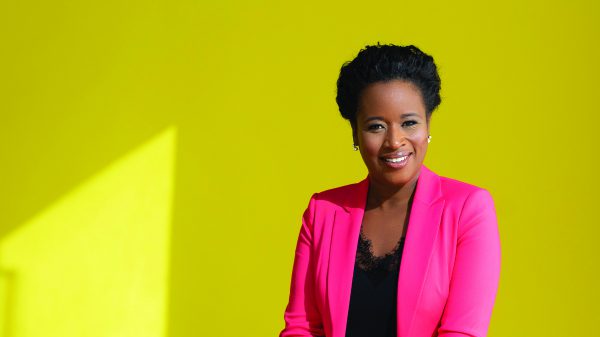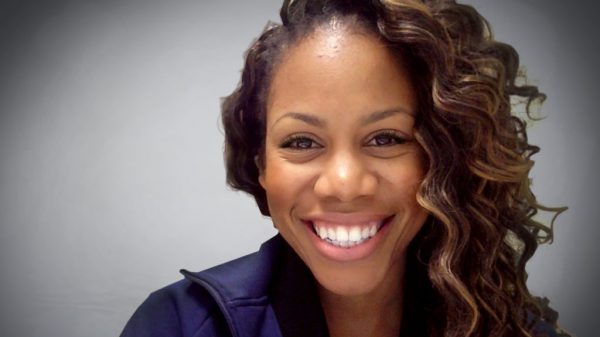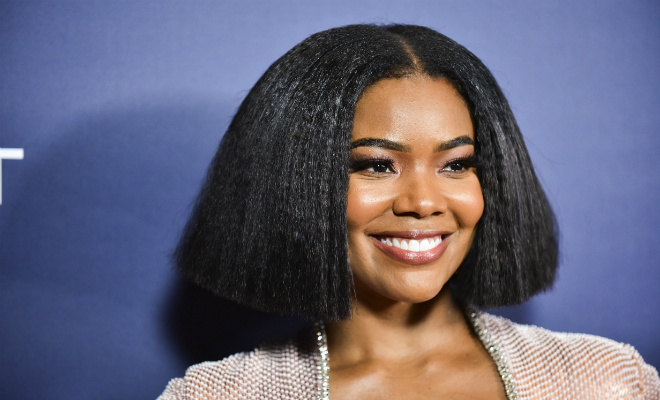Despite being hired in February 2019 as part of a three-year contract, Gabrielle Union has been released from her job as a judge on America’s Got Talent, reportedly for calling out the ‘toxic’ work culture. Nicole Vassell explains what this says about bias in the workplace
When you notice something wrong, it’s your job to speak up and report it – well, so a lot of us are told from a young age.
If it’s to do with seeing someone sneaking sweets from the corner shop, there’s one level of pressure to make your voice heard. But fast forward to being a Black woman in a majority-white workplace, and there’s an entirely different level of turmoil when it comes to doing the right thing. Historically, when Black women have spoken up about wrongs they’ve witnessed or faced first hand, it’s been met with apathy, accusations of being difficult, or at worst, severed relationships with the people that help pay their bills.
You hear it happening with friends, colleagues and family members in various career paths; however, recent headlines have provided a reminder that this is something that affects Black women regardless of celebrity status or achievements. In November 2019, Gabrielle Union was let go from her position on the judging panel of America’s Got Talent after just one season. This came as a shock to many since her addition to the show was largely celebrated, and she was contracted for another two years on the show. However, it has been reported by entertainment news sources including Variety and Vulture that the actress’ journey with the programme came to an end after she called out the ‘toxic’ working environment in place.
One widely reported story is that Union spoke out after broadcaster and guest judge Jay Leno made a comment that reinforces harmful stereotypes against East Asian people; staffers told Variety that while commenting on a painting of show judge and producer Simon Cowell, Leno joked that the pets looked like something one would find ‘on the menu at a Korean restaurant’. Union is said to have made a complaint about the comment, and unfortunately, instead of taking her concerns seriously, her bosses showed her the door instead.
‘This exposes a practice that is deeply ingrained in society – the desire for Black women to be silent’
Other anonymous sources working at the show told media that that Union was criticised for changing her hairstyles often, and was allegedly often told they were ‘too black’ for the audience of America’s Got Talent. If this is happening to Gabrielle Union, an entertainment heavyweight with a career spanning three decades, then spare a thought for the intern who has a superior stroking her ‘interesting’ hair; or the junior manager whose asked ‘as a joke’ whether they have family members in prison. How do people without the backing of millions in the bank speak out against inequality, when doing so might cost them their jobs?
This exposes a practice that is deeply ingrained in society – the desire for Black women to be silent against the injustices they face, and the ones that they witness. Though it’s something that can affect basically anyone who is not a rich white man – look at the case of Colin Kaepernick, whose protest against Black people’s treatment in America resulted in his expulsion from the NFL – the combination of racism and sexism means that Black women face this in a great proportion. Eniola Aluko called out racism in football, and it meant the end of her career as a player for the England team, despite being one of only 11 female footballers to have played for the country over 100 times.
You’re damned if you do, and the guilt of staying silent means that you’re damned if you don’t, too. However, if you’re someone reading who can relate to this, then know that there are plenty who stand in solidarity with you. Dwyane Wade, Gabrielle Union’s husband, Tweeted his response to the situation: ‘As proud as I [was] of her being selected as a judge on #AGT— I am even more proud of her standing up for what she stands for and that’s US.’ And we’re proud too.






